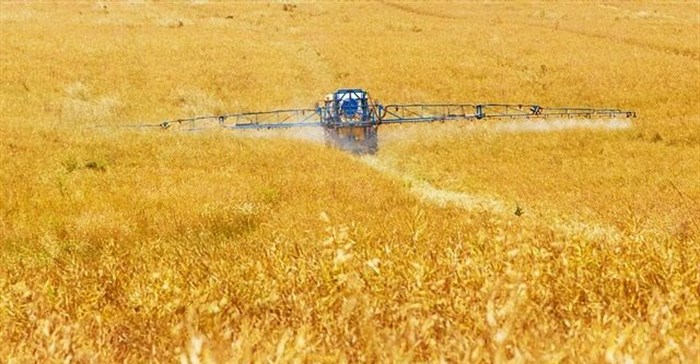Digitisation, smart agriculture shaping the future of the African chemicals market

With the increasing adoption of mobile technology and the use of smartphones, a greater use of e-commerce, mobile transactions, and consumer connectivity can be expected this year. Chemical companies would do well to tap into these trends to expand their growth opportunities.
As a result of increased mobile connectivity and the internet of things (IoT), grassroots companies and initiatives by non-government organisations are pioneering the use of smart agriculture - this will promote the appropriate use of agricultural chemicals and drive additional chemical sales as Africa boosts it's below average use of these inputs.
In terms of supply chain optimisation, the trends over the next two years will include an intensified drive to outsource activities along the supply chain, a shift to establish manufacturing bases closer to customers, and refining distribution channels to customers, thereby improving efficiencies and reducing distribution costs.
“Industry convergence between traditional chemical markets and the information and communications technology (ICT) industry is driving growth and innovation, enabling local startups and smaller businesses to gain traction and overcome the supply chain and connectivity challenges often faced in various African countries,” said Visionary Science Senior Industry Analyst, Carolyn Krynauw. "With the increasing adoption of mobile technology and the use of smartphones, a greater use of e-commerce, mobile transactions, and consumer connectivity can be expected this year. Chemical companies would do well to tap into these trends to expand their growth opportunities."
Top trends shaping the future of the African chemicals industry include:
• An uptake in digitisation by chemical companies in Africa due to major business hubs such as South Africa, Nigeria, and Kenya;
• Increased local manufacturing, intra-Africa trade, and diversification in business models, portoflios and economics;
• Additive manufacturing disrupting the industry with significant growth potential over the next three to five years;
• Increased use of precision agriculture (smart farming) as concerns over food production heighten;
• Rise of startups drives productivity in agriculture due to the use and benefits of IoT.
“Chemical businesses need to embrace new technologies and create new offers within their supply chain to meet customers’ needs with a focus on transport logistics, inventory management, and allocation,” noted Krynauw. “This technology could allow for effortless collaboration and seamless integration across all levels of the value chain while improving overall efficiencies, cost competitiveness, and inventory and asset management.”
Related
Telkom, partners introduce smart agritech, transforming SA wine 14 Mar 2025 #BizTrends2025: Exploring key trends in the apple and pear industry 28 Jan 2025 #BizTrends2025: Adapting agriculture - key trends and strategies for a sustainable future 21 Jan 2025 A new era for the South African agricultural sector in 2025 27 Nov 2024 Persistent growth: How IoT solutions could revolutionise agritech 19 Nov 2024 #MWC24: All the trends that mattered in Barcelona 5 Mar 2024























